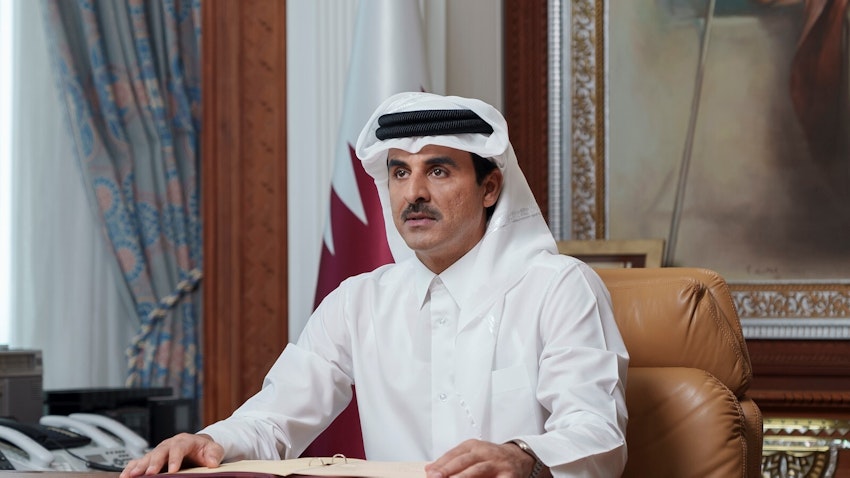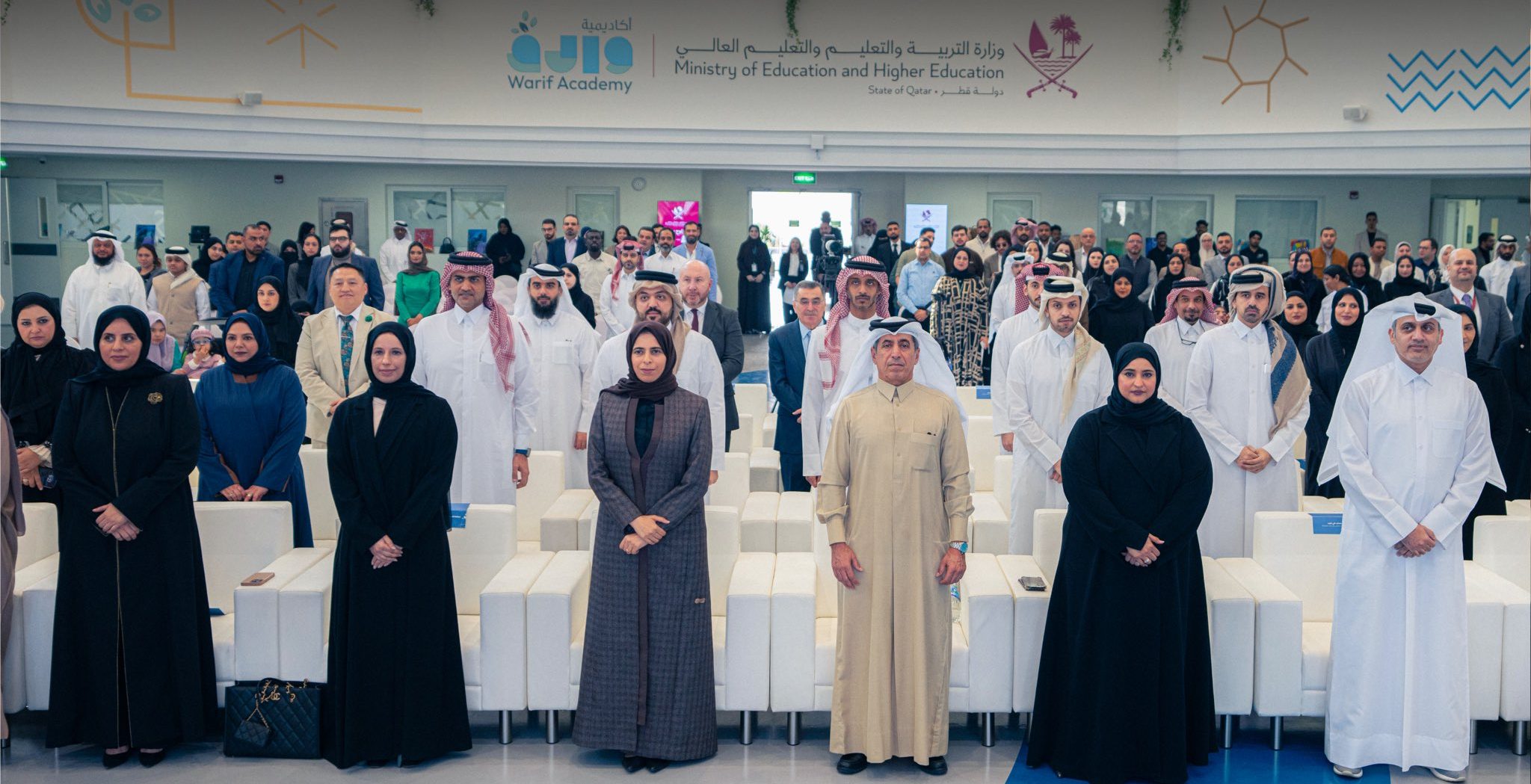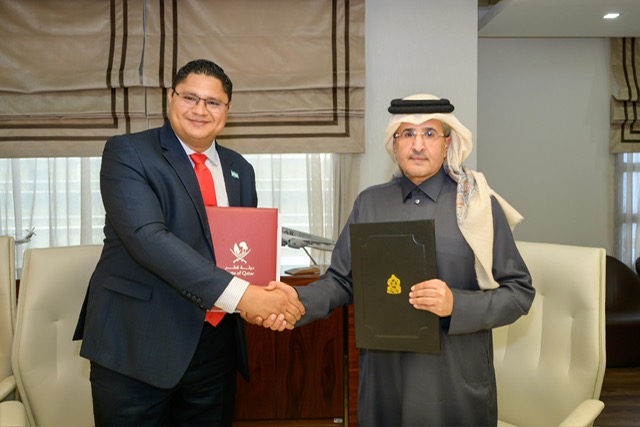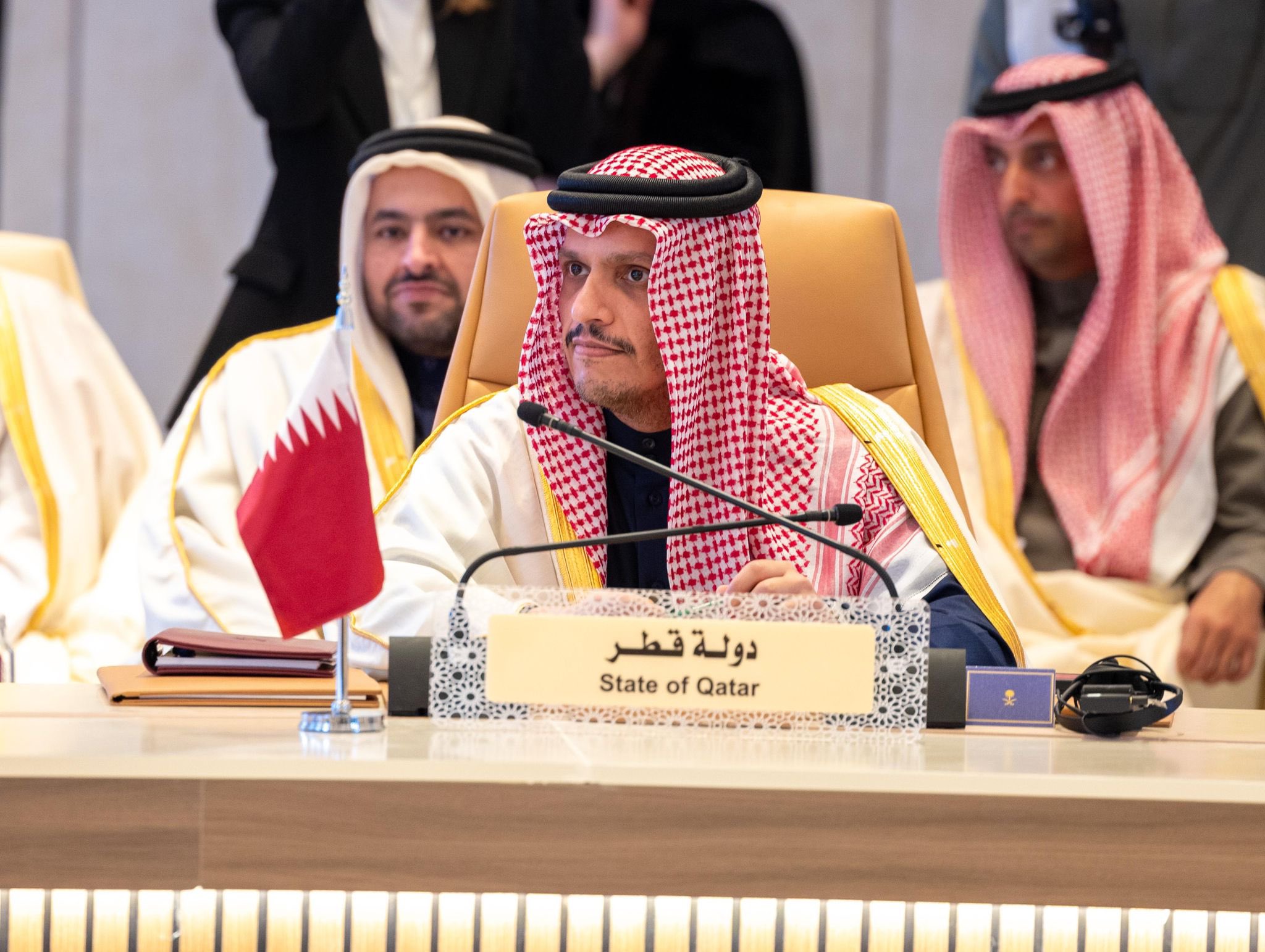The Biden administration grants a waiver allowing the transfer of $6 billion in frozen Iranian funds to Qatar, a key step towards a potential historic prisoner exchange between the US and Iran, signalling progress in negotiations.
The United States’ Biden administration has granted a waiver allowing banks to transfer $6 billion US dollars in frozen Iranian funds to Qatar, a crucial step towards securing the release of five American citizens detained in Iran and the same number of Iranian prisoners held in the US.
The move signals that the complex negotiations may be nearing their final stages.
The developments began on 10 August when Iran took initial steps towards a historic exchange, by releasing four US citizens from Tehran’s Evin prison and placing them under house arrest with a fifth individual as a “gesture of goodwill”, state-run Islamic Republic News Agency reported.
US Secretary of State Antony Blinken, in a notice to Congress obtained by CNN on Monday, confirmed Washington’s commitment to facilitating the transfer of the $6 billion US dollars, currently held in restricted South Korean accounts to similarly restricted accounts in Qatar.
The funds are earmarked for humanitarian purposes and will be overseen by Qatar, while also taking on the responsibility of expense oversight.
“The transfer requires the involvement of financial institutions from Germany, Ireland, Qatar, the ROK, and Switzerland,” he said, adding that the waiver, approved by Blinken on Friday, ensures these institutions can move the money to Qatari accounts without triggering US sanctions.
The Associated Press first reported on the waiver.
Blinken affirmed the prisoner exchange aspect of the deal, explaining that the US “has committed to release five Iranian nationals currently detained in the United States”.
A State Department spokesperson clarified that the waiver was “not new” but “the technical approval for the transfer already announced”.
The signing of the waiver “marks a critical step in securing the release of these five US citizens”.
However, no individuals will be released into US custody this week.
“While this is a step in the process, no individuals have been or will be released into US custody this week,” National Security Council spokesperson Adrienne Watson said in a statement.
Among the detainees are businessmen Siamak Namazi, 51, and Emad Sharqi, 59, along with environmentalist Morad Tahbaz, 67, who also holds British nationality, as confirmed by the US administration.
The identities of the remaining two Americans, one of whom is reportedly a woman, remain undisclosed.
Regarding the funds transfer, the State Department spokesperson emphasised that it “allows for the transfer of funds from one location to another but does not change the fact that they can only be used to fund Iran’s purchases of humanitarian goods”.
The statement stressed that no funds were going directly to Iran, and taxpayer money was not being used.
The spokesperson emphasised that the funds held in South Korea belong to Iran and will be transferred to restricted accounts in Qatar, with the US maintaining oversight over their utilisation.
“It is longstanding US policy to ensure our sanctions do not prevent food, medicine, and other humanitarian goods and services from flowing to ordinary people, no matter how objectionable their governments,” the spokesperson said, adding that Washington has “not lifted any of our sanctions on Iran, and Iran is not receiving any sanctions relief.”
This statement, however, came against the backdrop of a Human Rights Watch report which said that maintaining the crippling sanction had impacted human rights-related channels.
The $6 billion in Iranian assets, resulting from oil sales, had been frozen under US oil and financial sanctions against Iran, which were reimposed by former President Donald Trump in 2018 after the US unilaterally withdrew from the nuclear deal as part of Washington’s “maximum pressure” against Iran.
The US sanctions on Iranian banks have significantly limited Iran’s capacity to fund essential humanitarian imports.
This intensification of sanctions has dire implications for the health of Iranians and their ability to obtain necessary medicines and has led to documented shortages, spanning from vital epilepsy drugs to essential chemotherapy medications for cancer patients in Iran, as reported by Human Rights Watch.
Meanwhile, the release of Iran’s frozen assets in South Korea will “open a new chapter” in ties between Tehran and Seoul, Iran’s Foreign Minister Hossein Amirabdollahian said on Monday.
“Now we can open a new chapter in bilateral relations and the Islamic Republic of Iran welcomes any initiative that will help promote ties between the two countries,” Amirabdollahian said during a phone call with his South Korean counterpart, Park Jin.
Iran’s oil revenues, which amounted to around six billion dollars, had been restricted in South Korean banks under Washington’s “illegal pressure,” Tehran Times reported.
Qatar major diplomacy moment
This major diplomatic dance between Tehran and Washington revolves around the often described as a small state but big politics – Qatar.
Doha has served as the discreet stage for at least eight rounds of talks involving Iranian and US negotiators, who occupied separate hotels and communicated via the Gulf nation’s heavy shuttle diplomacy, according to an insider briefed on the discussions.
The earlier sessions focused primarily on the contentious nuclear issue, while the later ones zeroed in on the prisoner releases.
Iran and the United States are reportedly set to conduct a milestone prisoner exchange in Qatar for the first time in the coming weeks, according to reports.
Doha is also expected to cover the expenses associated with unfreezing Iran’s assets, as per agreements for the potential prisoner exchange, insider sources told Amwaj.media last month.
The developments have yet to be publicly confirmed by authorities in Doha, however, the news came after Doha confirmed its role in mediating between the decades-old foes to finalise an agreement to secure the release of five American detainees in Iran.
Should the scenario unfold as agreed, Qatar’s intricate diplomacy will have yielded a significant agreement between adversaries whose relationship has been strained over many years.







